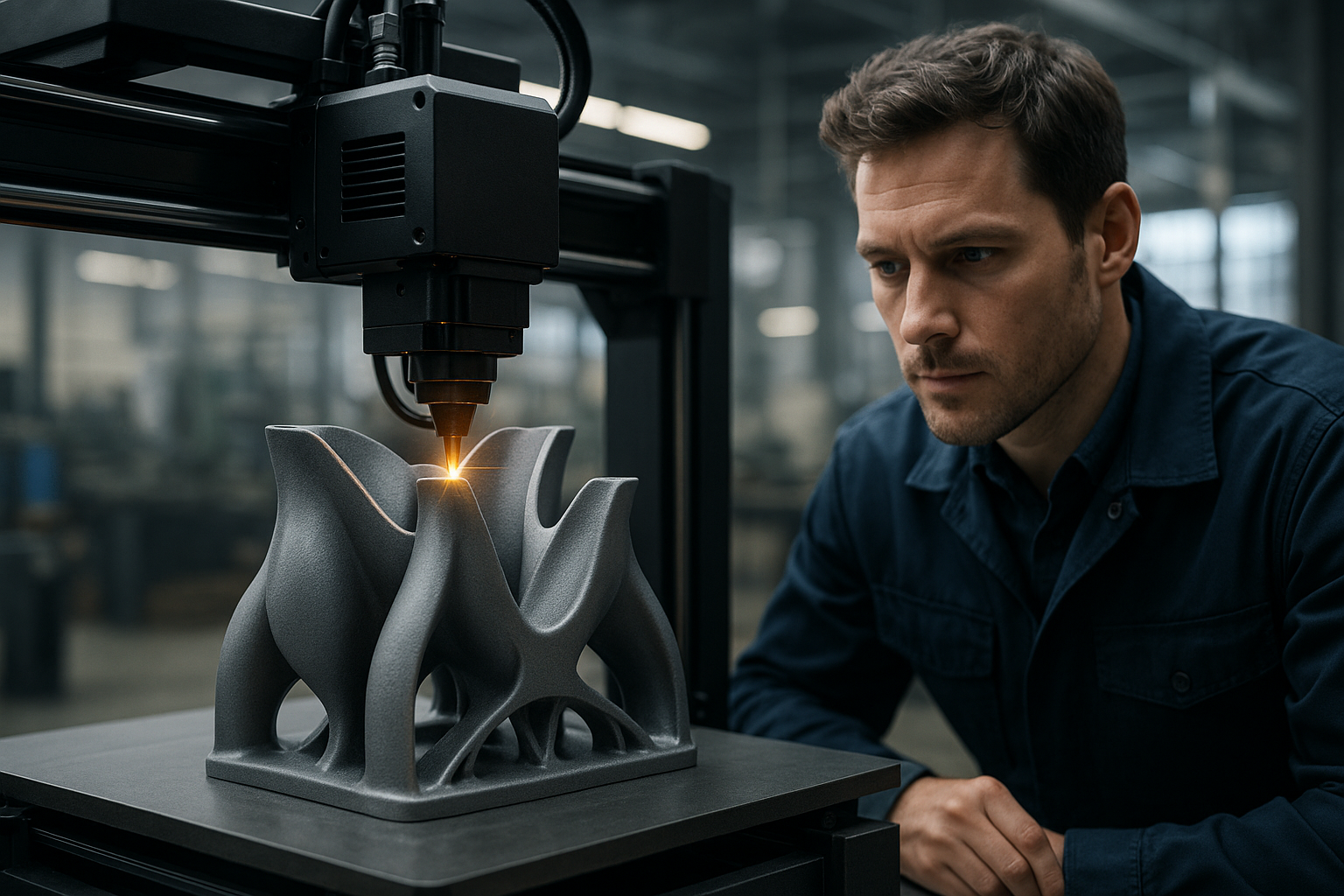Electric Vehicle Jobs: Roles in Engineering and Manufacturing
The shift toward electric vehicles is reshaping employment across automotive industries worldwide. Job seekers, career changers, and employers all face new demands for technical skills, production methods, and sustainability knowledge. This article outlines the main job categories, where demand is growing, the situation in Japan, and the engineering and manufacturing competencies employers commonly seek, to help readers understand opportunities and required preparations.

What are common electric vehicle job categories?
Electric vehicle roles span design, software, hardware, testing, sales, and aftersales support. Common positions include battery engineers, power electronics designers, embedded software developers, validation testers, and field service technicians. Non-technical roles such as supply chain managers, regulatory specialists, and sales consultants are also in demand. Many roles require interdisciplinary knowledge—combining electrical systems understanding with automotive standards and quality procedures—to ensure vehicles meet performance, safety, and regulatory requirements.
How does the automotive sector hire for EV roles?
Automotive companies recruit both experienced automotive professionals and specialists from adjacent industries like consumer electronics and aerospace. Employers value hands-on experience with battery systems, electric drivetrains, and vehicle integration, plus familiarity with industry tools (e.g., CAN bus diagnostics, MATLAB/Simulink). Hiring channels include manufacturer graduate programs, industry job boards, professional networks, and partnerships with technical schools. Local services such as workforce training providers and vocational programs increasingly offer EV-specific certifications to help candidates transition.
What EV opportunities exist in Japan?
Japan remains a major hub for automotive engineering and manufacturing, with established OEMs and a dense supplier ecosystem. Opportunities in Japan include roles at vehicle manufacturers, tier-1 suppliers, battery makers, and research institutions focusing on energy density, safety, and hybridization. Bilingual capabilities and knowledge of local standards can be advantageous. Japan’s ecosystem often emphasizes precision manufacturing and long-term supplier relationships, so roles tied to quality control, process engineering, and collaborative R&D are common.
Which engineering skills are required for electric vehicle jobs?
Core engineering skills include electrical systems design, power electronics, thermal management, and battery chemistry basics. Software and controls expertise—embedded systems programming, model-based design, and diagnostics—are increasingly important. Systems thinking and experience with testing protocols, safety standards, and regulatory compliance (e.g., electromagnetic compatibility, crash safety integration) are valuable. Soft skills such as cross-functional communication, project management, and iterative problem solving help engineers translate technical solutions into manufacturable products and meet automotive timelines.
How does manufacturing support EV industry growth?
Manufacturing roles focus on adapting production lines for battery pack assembly, high-voltage systems, and lightweight structures. Process engineers, automation specialists, quality engineers, and maintenance technicians are essential to scale production efficiently. Additive manufacturing, robotics, and advanced joining techniques (e.g., adhesive bonding for mixed-material bodies) are employed to meet tolerances and throughput goals. Supply chain roles that secure raw materials and components—especially battery materials and semiconductors—play a critical role in maintaining continuous manufacturing operations.
Conclusion
Electric vehicle jobs cover a wide spectrum from deep technical engineering through manufacturing and supply chain functions to commercial and regulatory roles. Opportunities exist globally and within concentrated markets such as Japan, but success typically requires updated technical skills, practical experience, and adaptability to evolving standards. By focusing on core competencies—battery systems, power electronics, software, and scalable manufacturing practices—job seekers and employers can align more effectively with the changing needs of the automotive sector.






